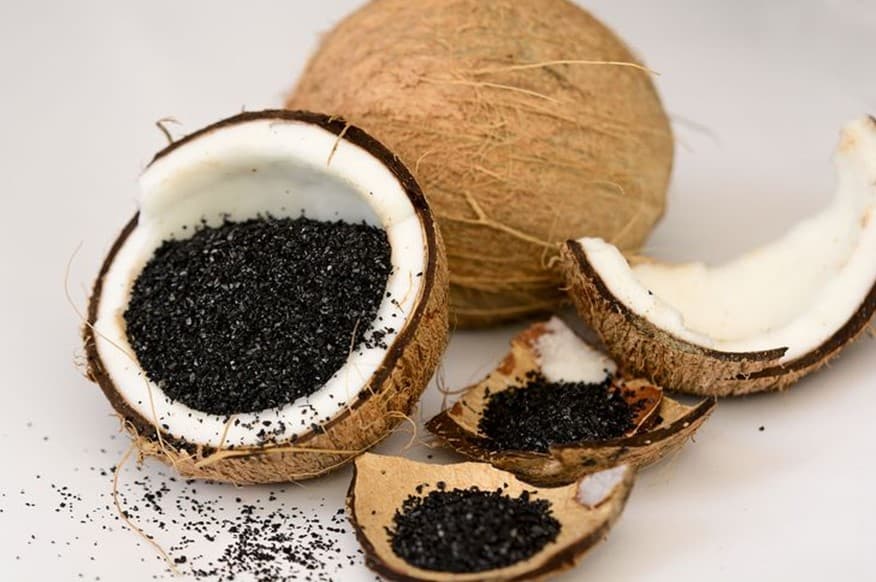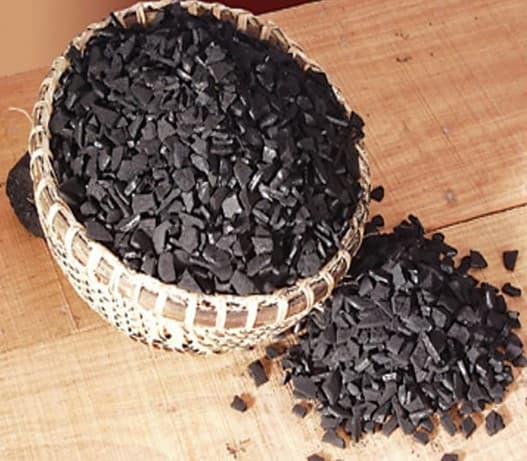
Coconut shell activated carbon is renowned for its exceptional hardness, high microporosity, and superior adsorption capacity, making it ideal for purifying air, water, and industrial processes. Its renewable origin and eco-friendly properties align with sustainable practices, offering efficient removal of contaminants like volatile organic compounds (VOCs) and heavy metals. This premium-grade carbon is highly favored for its longevity, consistent performance, and minimal ash content.

Activated carbon, also known as activated charcoal, is a highly porous form of carbon with an extensive surface area, making it an exceptional material for adsorption. It is used to remove contaminants, pollutants, and impurities from liquids and gases through physical or chemical adsorption processes. Activated carbon is produced by treating carbon-rich materials such as coconut shells, coal, wood, or peat.
The key features include: High Surface Area which facilitates efficient adsorption of contaminants, Porous Structure which is a combination of micropores, mesopores, and macropores allows for trapping particles of varying sizes and has Versatility.
Activated carbon functions through adsorption, a process where molecules of impurities adhere to the surface of the carbon. It is highly effective in removing: Organic compounds, Chlorine, Heavy metals, Volatile organic compounds (VOCs), Odors, and gases.


Coconut shell activated carbon is a high-quality form of activated carbon derived from renewable coconut shells. It is renowned for its microporous structure, high adsorption capacity, and exceptional durability, making it ideal for applications such as water and air purification, gas treatment, and gold recovery.
The below characteristics make coconut shell activated carbon a preferred choice for high-performance and sustainable purification solutions.